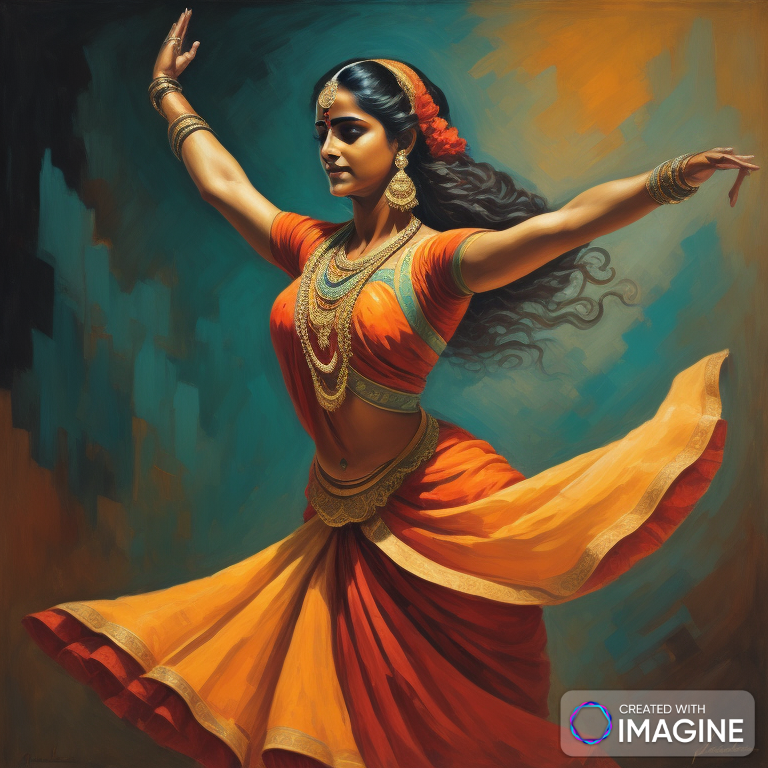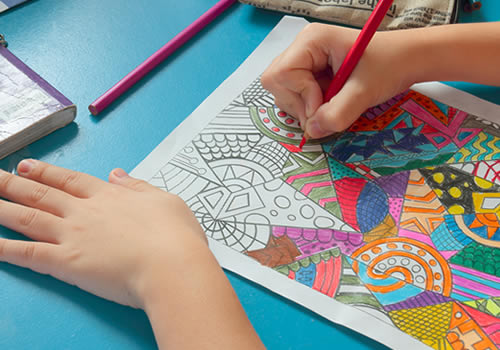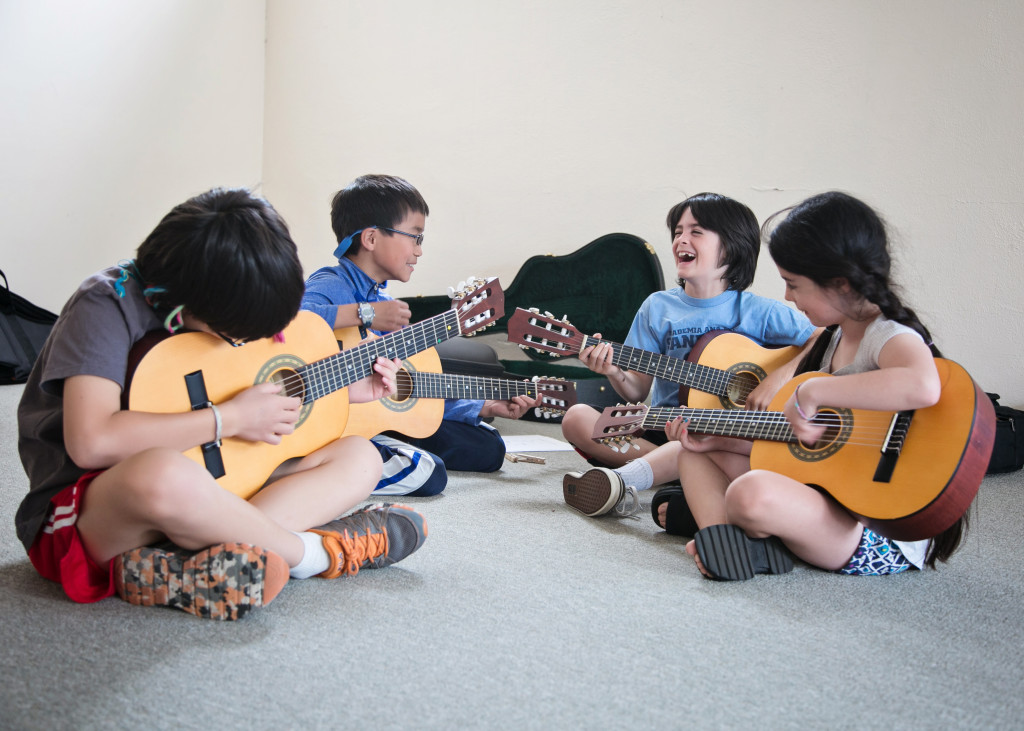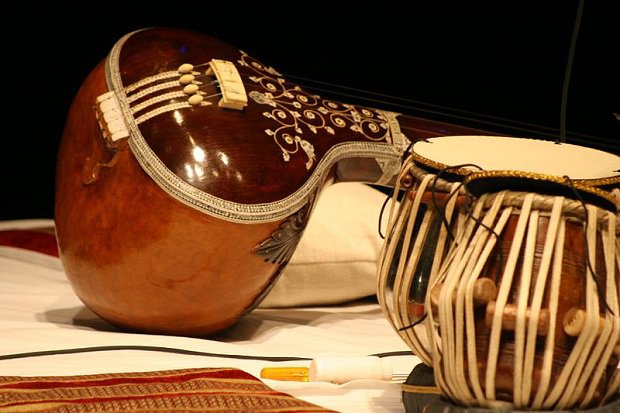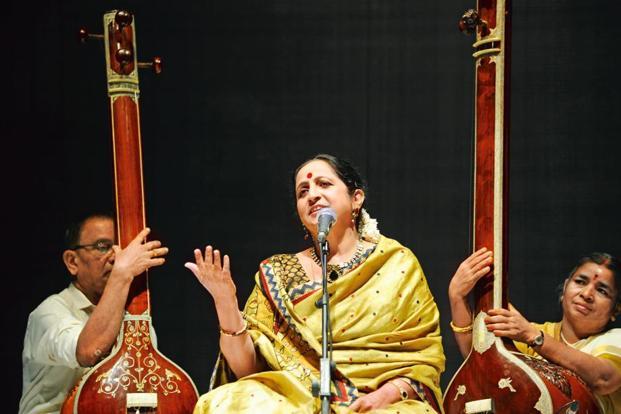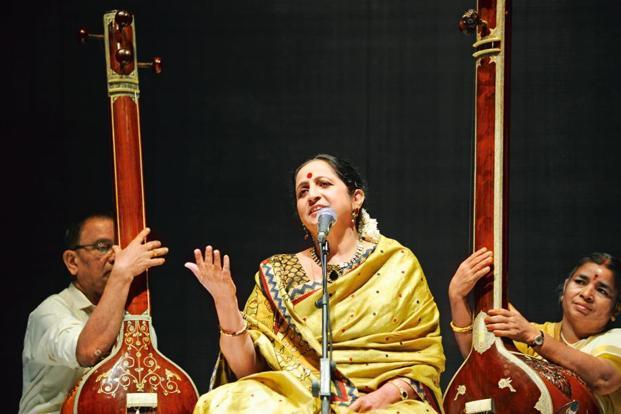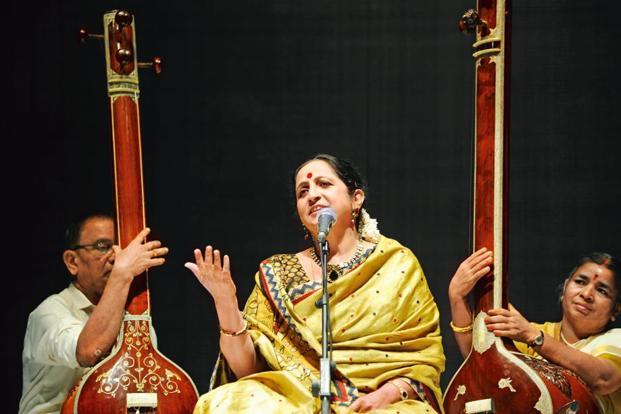
Bharatnatyam Foundation 1
-
Bharatanatyam is an Indian classical dance form that originated in Tamil Nadu. It is one of eight Indian classical dance forms recognized by the Sangeet Natak Akademi and expresses South Indian religious themes and spiritual ideas, particularly of Shaivism and in general of Hinduism.
5 ratings
Starts From - ₹3200
Duration - 1/Month
Topics Covered
- Warm-up exercises
- Jumping, Heel raises, Hands and legs stretches, Neck turns, Shoulder rolls, Circle around the ankles
- Learning Bharatanatyam postures: Sama pada, Araimandi, Muzhumadi
- Learn how to do Namashkar
- Adavus: Basic dance steps (practiced in 3 kalas ie speeds)
- Tattadavu (tapping the leg)
- Nattadavu (stretching of the legs)
- Pakkadavu (side movements)
- Item
- Mushika Vahana Shlokamala (for the purpose of performance)
- Theory
- Dhyan Shloka (on Nataraja - Angikam, Bhuvanam …)
- Guru Mantra (Guru Brahma …)
- Asamyukta Hastas (single hand movements - total 28)
- Samyukta Hastas (combined hand movements - total 24)
- Learning the meaning of the term Bharatanatyam
Pre-Requisites
About Bharatnatyam Foundation 1
Bharatanatyam, a pre-eminent Indian classical dance form presumably the oldest classical dance heritage of India is regarded as the mother of many other Indian classical dance forms. Conventionally a solo dance performed only by women, it was initiated in the Hindu temples of Tamil Nadu and eventually flourished in South India. The theoretical base of this form traces back to ‘Natya Shastra’, the ancient Sanskrit Hindu text on the performing arts. A form of illustrative anecdote of Hindu religious themes and spiritual ideas emoted by dancers with excellent footwork and impressive gestures its performance repertoire includes nrita, nritya, and natya. Accompanists include a singer, music, and particularly the guru who directs and conducts the performance. It also continues to inspire several art forms including paintings and sculptures starting from the spectacular 6th to 9th century CE temple sculptures.




